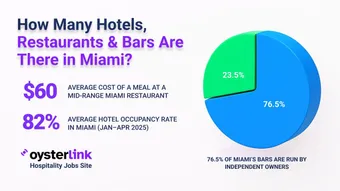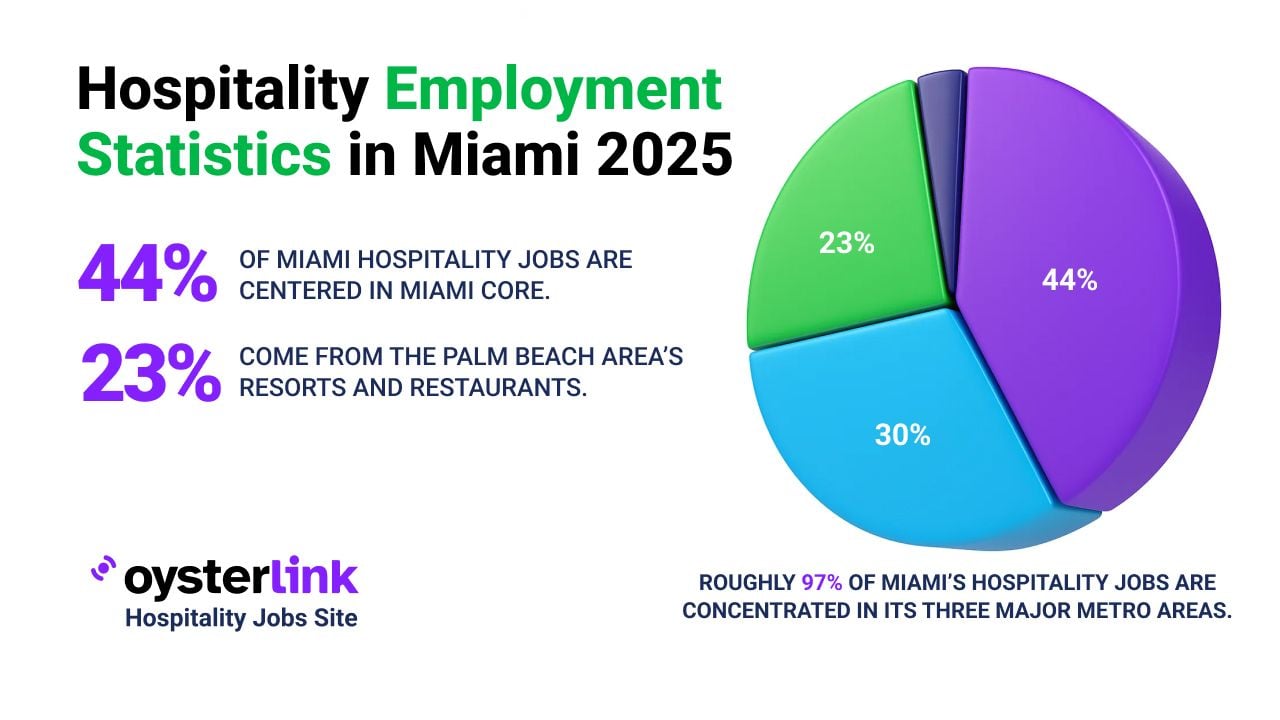Pennsylvania Workers' Compensation and Unemployment Insurance Requirements: Key Takeaways
- Employers with at least one employee in Pennsylvania must provide workers’ compensation insurance, covering injuries or work-related illnesses.
- Certain worker categories are exempt from workers’ compensation, such as federal employees, agricultural laborers under specific conditions, and sole proprietors opting out.
- Unemployment insurance is mandatory, funded by employer contributions, and provides benefits to eligible unemployed employees.
Understanding Pennsylvania's workers’ compensation and unemployment insurance obligations is vital for employer compliance and employee protection.
This article outlines the key requirements, exemptions, and penalties to help Pennsylvania employers navigate these programs effectively.
1. Pennsylvania Workers' Compensation Requirements
In Pennsylvania, any employer with at least one employee—full-time, part-time, or seasonal—is required by law to carry workers' compensation insurance.
Hospitality employers should also evaluate broader coverage needs; review restaurant insurance to plan beyond workers’ compensation.
This insurance provides workers with financial protection if they sustain injuries or develop illnesses related to their work, either within Pennsylvania or, in certain situations, outside the state.
Create an employee illness policy to reduce claims risk and support safe operations.
Workers’ Compensation Coverage Obligations
The policy must cover all employees who work for the employer in Pennsylvania. This obligation exists regardless of the duration or hours worked.
Clarify managerial responsibilities with a restaurant manager job description to ensure correct coverage.
Common ways employers can meet these requirements include:
- Purchasing a workers' compensation insurance policy through an insurance agent or broker.
- Acquiring coverage directly from private insurance companies.
- Applying for self-insurance status, which requires financial stability and at least three years of operational history.
- Obtaining insurance from the State Workers’ Insurance Fund (SWIF), especially helpful for new businesses that struggle to find private coverage.
Workers’ Compensation Exemptions in Pennsylvania
While most employers must comply, Pennsylvania law exempts certain workers and situations, including:
- Federal employees covered under federal workers’ compensation systems.
- Longshoremen and railroad workers, who have specific federal protections.
- Casual workers not engaged in the employer’s regular business operations.
- Agricultural laborers who earn less than $1,200 annually and work fewer than 30 days a year.
- Domestic workers who have not requested voluntary coverage.
- Sole proprietors and general partners who choose to waive coverage.
- Individuals granted religious exemptions by the Department of Labor & Industry.
- Executive officers with approved exclusions and licensed real estate salespersons or associate brokers under certain conditions.
Employers should carefully review their workforce to determine if any employees fall under these exemptions.
For hotel operations, align duties using a housekeeper job description to avoid misclassification.
Penalties for Non-Compliance
Failure to maintain the required workers’ compensation coverage can expose employers to significant risks and penalties.
If an uninsured employer’s employee is injured, the employer may be liable for reimbursing the Uninsured Employers Guaranty Fund for compensation paid, plus costs, interest, penalties, and attorney fees.
Additionally, the state may pursue criminal charges against the employer and responsible individuals:
- Misdemeanor convictions can lead to fines up to $2,500 and imprisonment up to one year per day of coverage violation.
- Intentional violations may escalate to felony charges with fines up to $15,000 and imprisonment for up to seven years per day of the offense.
Given these severe consequences, maintaining compliant workers’ compensation coverage is critically important.
Also consider the off-the-clock costs that can expose employers to additional liability.
2. Pennsylvania Unemployment Insurance Requirements
Employers in Pennsylvania must provide unemployment insurance as required by state law.
This program offers temporary financial assistance to employees who lose jobs through no fault of their own, supporting workers during periods of unemployment.
Funding and Contributions
Unemployment insurance is funded entirely by employer contributions based on their taxable payroll.
Each employer’s contribution rate is influenced by their experience rating, which reflects the employer’s history of claims filed and their financial stability within the unemployment system.
For frontline teams, align duties with a bartender job description to aid accurate classification and training.
Employee Eligibility for Benefits
To qualify for unemployment benefits, employees usually must:
- Meet minimum earnings and work history thresholds during a base period.
- Be unemployed through no fault of their own.
- Be actively seeking new employment and be available to work.
Employers should inform workers about the programs available and how to apply if needed.
3. Compliance Tips for Pennsylvania Employers
Ensuring compliance with workers’ compensation and unemployment insurance requirements is crucial to avoid penalties and maintain good standing.
Consider the following best practices:
- Verify that all employees are covered by workers’ compensation unless valid exemptions clearly apply.
- Maintain clear, up-to-date insurance policies or self-insurance approvals on file and renew them as necessary.
- Monitor payroll and employee status for unemployment insurance contribution calculations.
- Communicate program information and eligibility guidelines clearly to employees.
- Utilize official resources to stay informed of any changes in Pennsylvania laws and requirements.
Strengthen hiring practices with hospitality-focused job posting compliance guidance.
Define supervisory responsibilities with a clear kitchen manager job description to support compliance.
4. Official Resources for Pennsylvania Workers' Compensation and Unemployment Insurance
Employers seeking authoritative guidance and up-to-date information can utilize the following resources:
- Pennsylvania Department of Labor & Industry
- Workers' Compensation Information - Pennsylvania Department of Labor & Industry
- Unemployment Compensation Information - Pennsylvania Department of Labor & Industry
Pennsylvania Workers' Compensation and Unemployment Insurance Requirements: Conclusion
Compliance with Pennsylvania’s workers’ compensation and unemployment insurance mandates is essential for protecting employees and minimizing employer liability.
Understanding coverage obligations, exemptions, and potential penalties helps employers maintain appropriate insurance and ensure benefits for their workforce.
By actively managing these requirements and consulting official resources, Pennsylvania employers can foster a safer and more secure workplace environment.




.webp)
.webp)